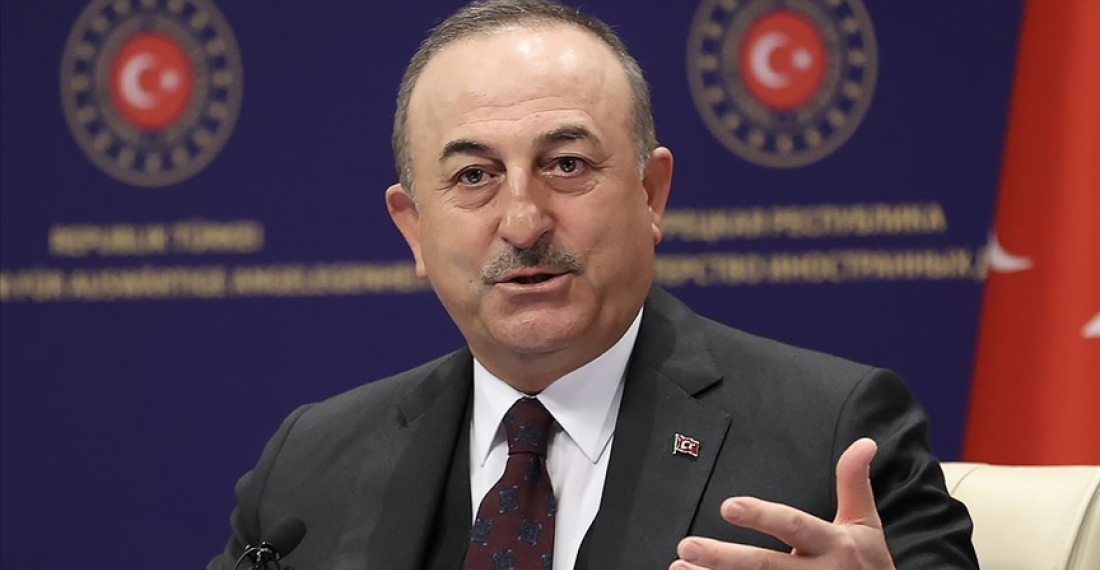Turkey's Foreign Minister Mevlut Cavusoglu said on Monday (27 December) that the first meeting of Turkish and Armenian special envoys is expected to be held in Moscow to discuss the way forward in the normalization of relations between the two countries
Speaking in a televised press conference, the top Turkish diplomat noted that the meeting's location was in accordance with Armenia's request.
Flights between Istanbul and Yerevan will also start soon, Cavusoglu said.
The special envoys were appointed to kick off the normalization talks in a bid to establish a diplomatic tie between two neighboring countries. Cavusoglu didn’t specify a date for the Moscow meeting. The normalization process is also expected to involve the reopening of the land border between the two countries, which has been closed since the 1990s.






